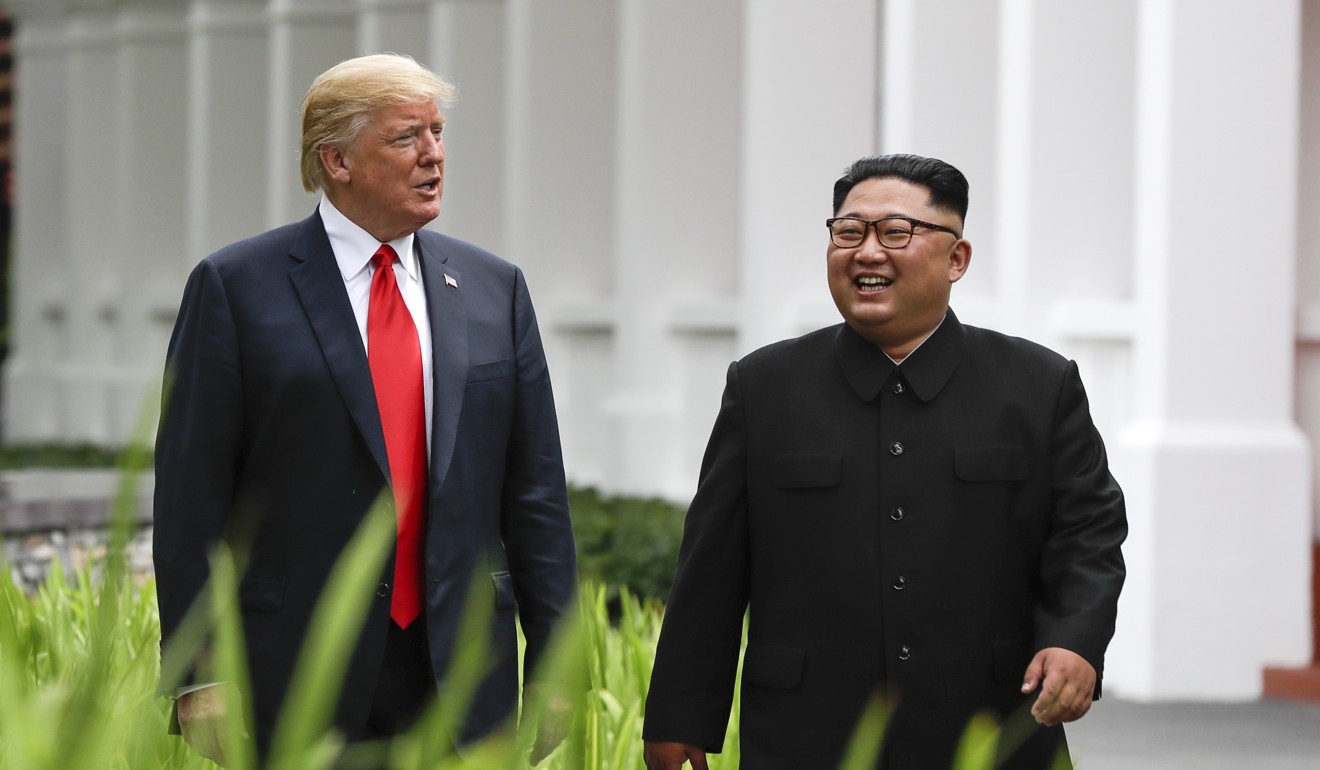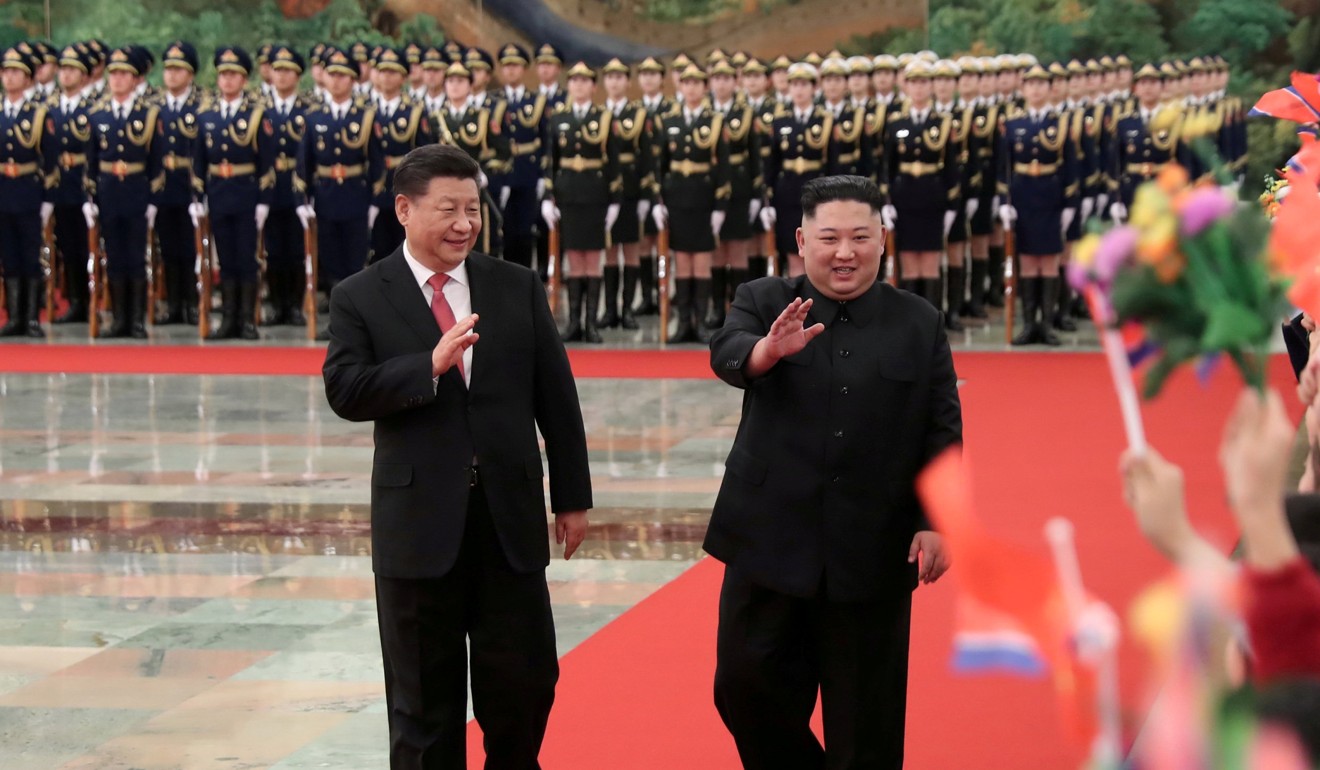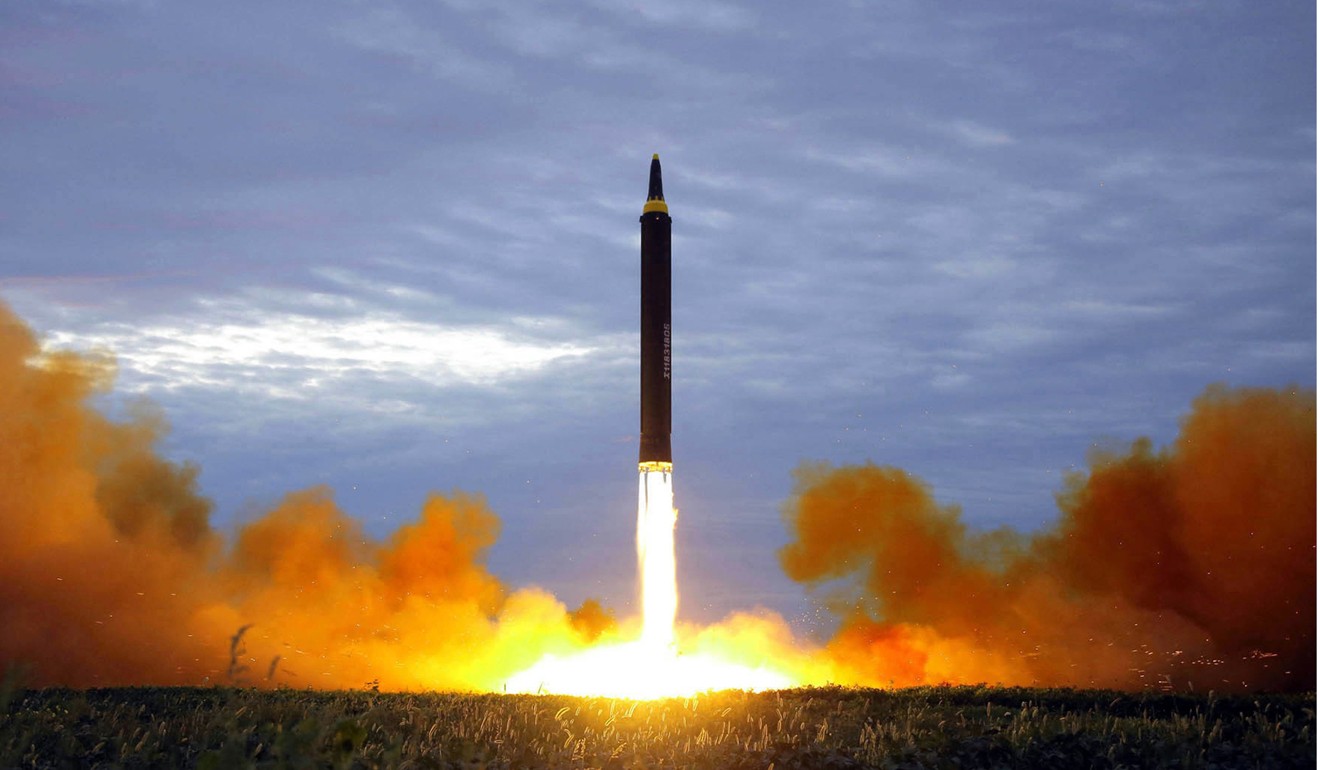
How US and China’s African nuclear mission could provide model for disarming North Korea
- The recent joint operation to remove uranium from Nigeria could provide a template for denuclearisation on the Korean peninsula
- Although the two countries have proved they can still work together, the challenges posed by North Korea are likely to prove far more challenging
China and America’s recent joint nuclear non-proliferation mission in West Africa could provide a precedent for dismantling North Korea’s nuclear arsenal, analysts have said, but warned that the scale and political complexity of the task will be far greater.
This week it emerged that Chinese and American nuclear experts had cooperated on a project to remove highly enriched uranium (HEU) from a reactor in Nigeria to prevent the material falling into the hands of terrorists.
The mission last year, which also involved British and Norwegian experts along with contractors from Russia and the Czech Republic, was completed within a day despite violent clashes in Kaduna province where the reactor was located, according to Defensenews.com.
The logistics and security arrangements needed to fly the material to China were completed within six weeks, showing the capacity of both the US and China to set aside their differences and cooperate when their mutual interests are at stake.
US and China team up to keep nuclear material from terrorists
The Nigerian operation was not the first time the two countries had worked together to prevent nuclear proliferation in West Africa; a similar operation to remove HEU to China was carried out in Ghana in 2017.
Because neither China nor America’s interests are served by a nuclear-armed North Korea, similar work could be carried out in the future should talks on denuclearisation come to fruition.
Miles Pomper, a senior fellow at the James Martin centre for non-proliferation studies at the Middlebury Institute of International Studies at Monterey, said: “It is conceivable in the case of denuclearisation that North Korea’s nuclear weapons or material could be taken to China.
“Given the fact that China already has nuclear weapons, the US could likely accept that although the US would likely then push for their disassembly.”

Bruce Bennett, a senior defence researcher at the Rand Corporation, said the two countries would continue to cooperate on dismantling nuclear weapons.
“If instability developed in North Korea, China may well be at greater risk from terrorists or Chinese dissident groups seizing North Korean nuclear weapons and using them against China,” he said.
“China would be very likely to intervene in North Korea and attempt to seize North Korean nuclear weapons before such groups can.”
Chinese President Xi Jinping told North Korean leader Kim Jong-un during talks in Beijing last week, that China was ready to play “a positive and constructive role in maintaining peace and stability”.
China’s major concern is that any instability in North Korea could spill across the border to its northeastern provinces of Liaoning, Jilin and Heilongjiang which are home to 120 million people – roughly the same as the combined populations of Britain and France.
But the technological and political challenges involved in removing nuclear materials from North Korea are likely to be far more challenging than those in the West African non-proliferation operations, and experts believe it is unlikely that anything of the sort will be attempted in the near future.
“Technically speaking, the denuclearisation of North Korea would be very different in the nature of the work and the much larger scale required,” Pomper said.
Operations in Ghana and Nigeria “were clearly less complicated politically and diplomatically”.

Nigeria and Ghana do not have nuclear weapons and are currently grappling with the terrorist threat from Islamist groups such as Boko Haram, which made it much easier for the two countries’ governments to engage with the international non-proliferation operation.
In contrast, North Korea had between 10 and 20 nuclear warheads as of January last year, according to the Stockholm International Peace Research Institute.
Proximity to China makes Vietnam top choice for second Trump-Kim summit
Removing HEU from North Korea will only be possible in the final stages of the North Korean denuclearisation process, observers said.
“It would be a fallacy to believe in taking out HEU of North Korea to China at this early stage of denuclearisation,” said Lim Eul-chul, a North Korea expert at the Institute for Far Eastern Studies in Seoul.
“Nuclear materials are considered a strategic asset [by North Koreans], as they allow Pyongyang to turn them into weapons in times of emergency.”
At present the US and North Korea remain far apart on what denuclearisation would mean in practice: Washington wants Pyongyang to abandon its weapons before it makes concessions, while North Korea sees it as a part of a process that would involve the removal of American forces from the peninsula.
North Korea’s domestic politics will also be a barrier to international efforts to dismantle its nuclear arsenal.

“Pyongyang would never accept any verification process that may harm Kim’s legitimacy to rule. That’s why it argues that it would dismantle the weapons itself, not by external powers” Lim said “As of now, it simply won’t accept any actions that can be seen as being subservient.”
North Korea’s core ideology of Juche places particular stress on self-reliance, sovereignty and independence in the face of external powers.
This means that ultimately US and Chinese cooperation on non-proliferation would need Kim’s approval.
This would be the “key question”, Pomper said.
“In the Nigeria case, the Nigerian government was a willing and eager participant,” he said.
“The North Koreans so far have not even committed to denuclearisation, so it’s hard to know what they will accept.”

